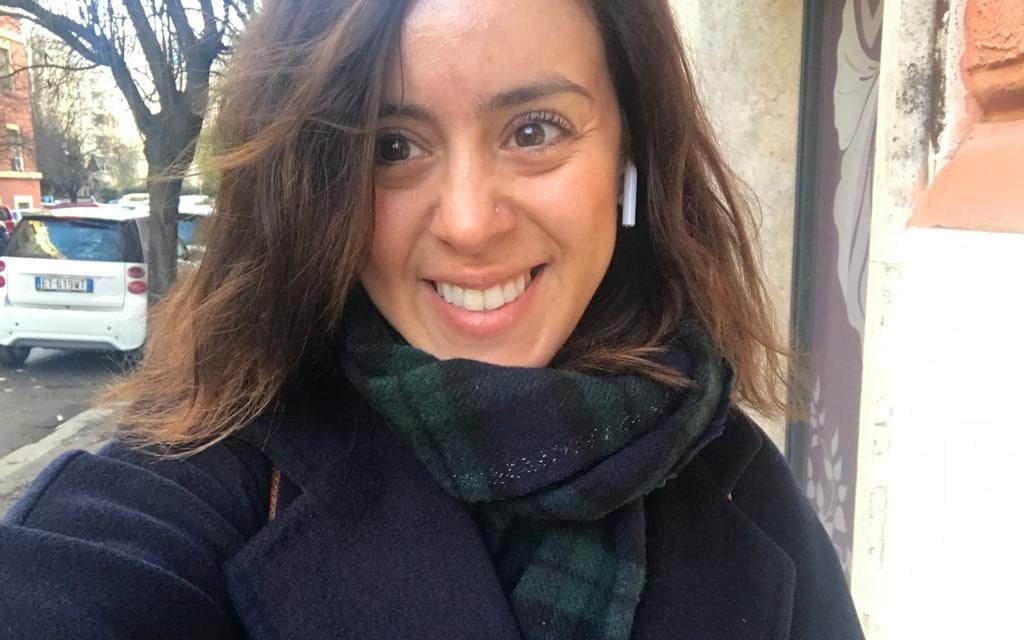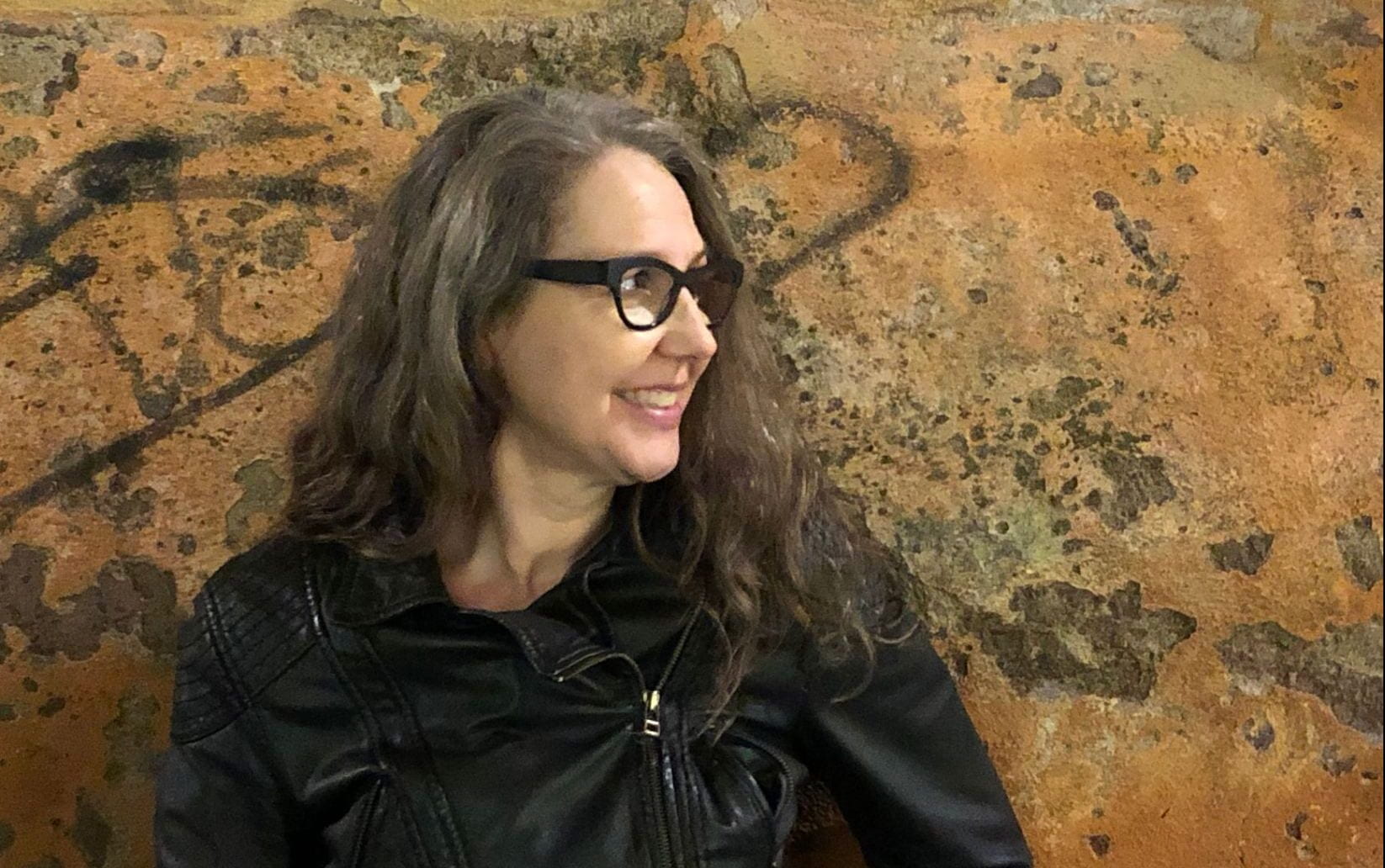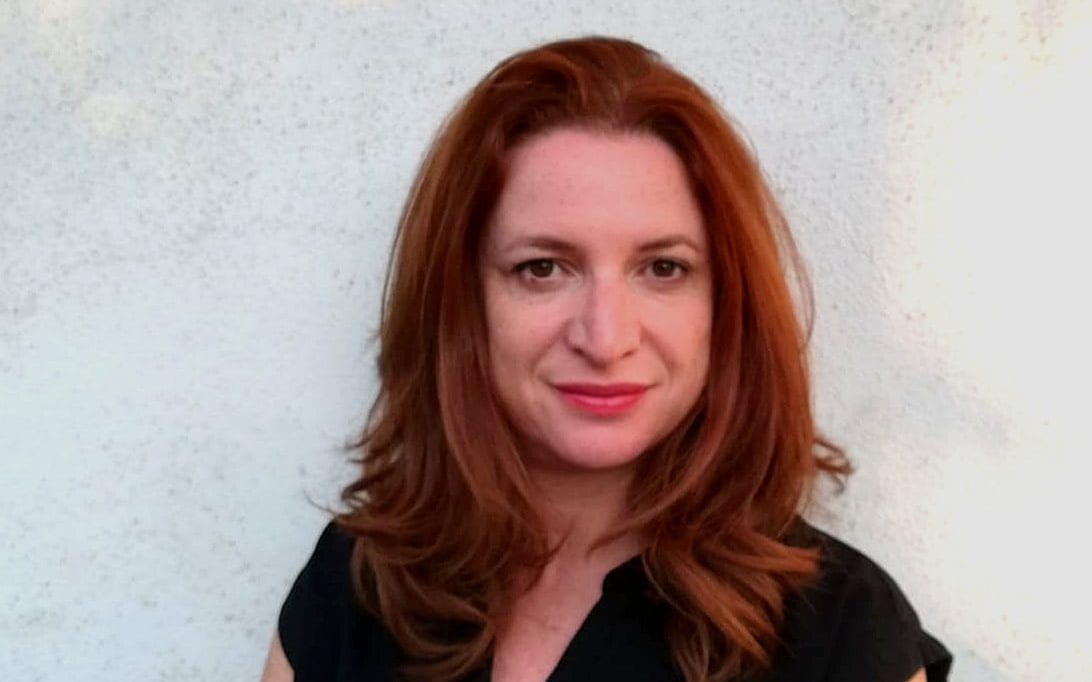Academics
Rome in Residence is designed for students looking to study abroad while completing general education requirements. You could still be exploring which department to major in, or you could be admitted to a major and looking to take a quarter off from your major’s curriculum. Every course on this program fulfills a UW Areas of Inquiry requirement, while using the city of Rome as the foundation for the academic content. This program ideal for any UW student!
Prerequisites and Language Requirements
Participants are selected on the basis of high scholarship, academic preparation, motivation, emotional maturity, statement of intent, and faculty recommendations. Curiosity, an openness to discovery through experiencing another culture, and a willingness to step outside of your comfort zone are also recommended!
There are no language requirements for this program, and none of the courses offered require any preparation or prior coursework.
Students should be prepared for a good deal of walking, stair climbing, etc. in Rome and during field trips and site visits. While in Rome it is possible to get to most places by public transportation or taxi, it is often more convenient for the group to walk to destinations. Many sites offer elevator service but there are still locations in Rome that require climbing stairs.
Credits
15 UW Quarter Credits – you will take three of the courses listed below based on your preferences. These are the current proposed courses, however this list is subject to change.
Courses
ARCH 495 - Exploring the City through the Lens of Heritage Conservation (5 credits, A&H or SSc)
The aim of this course is to introduce students to some key topics related to the city of Rome understood as a palimpsest, in its historical layering and contemporary development. The focus lies on architecture and the city, but also on the historical and archaeological context, on the dynamics of urban stratification, and on the multi-faceted process that has shaped the city in its cultural and physical setting.
Learning goals
In this course, students will develop a better understanding of the historical contexts surrounding places and buildings visited in the Architectural Studies Abroad program, while also positioning them in broader systems of ideas associated with architecture.
Instructor
Simona Salvo |simona.salvo@gmail.com
ANTH 462 - Italian Food Culture (5 credits, SSc)
This is largely an experiential course, involving a number of hands-on labs and field visits, the students will get to meet farmers, cheesemakers, community gardeners, and businesses of the short supply chain. It will be divided into tree sections. First, the students will be provided with historical grounds for the understanding of the Italian food culture: fermentation, bread, wine and olive oil, as pillars of the Mediterranean food system, the role of greens, both wild and farmed, legumes, the parsimonious uses of fish and meat as “umami boosters”. Secondly, we will explore all the underlying tensions that influence the present Italian foodways: the foreign influences on our staple foods across history, the role of Italian emigrants in the US in defining a unified Italian food identity, the recent role of immigrants’ cuisines, the industrialization and homologation of the Italian food system, global versus local approaches and the revival of home cooking, current social and class representations of different food settings. Lastly, the students will be provided with appropriate tools to develop a new, ecological baseline when relating to food systems: agroecological farming systems, artisanal know how in processing and preserving foods, the cultural and economic value of “typicality”, what we need to know about single ingredients in order to shift from a reductionist approach to nutrition to a more flexible and holistic approach, tailored on the ecosystems.
Readings involve historical, anthropological and sociological research, as well as the discussion of production practices, market standards, distribution systems, and citizen activist groups such as the Slow Food movement. Having done the readings will be essential since theoretical classes are meant to revolve consistently around discussion. The classroom will also be used for cooking classes and tastings, and the students will be required to do some cooking at home, based on the skills and produce we will have encountered.
Learning Goals
Students are mainly required to develop a critical capacity in assessing food practices as a cultural and political act. Upon successful completion of this course, you will be able to:
- Demonstrate a better understanding of Italian food history and current foodways.
- Write critically about food related topics and report on culinary experiences.
- Assess the quality of food produce, based on farming and processing methods it entails.
- Design a menu taking into consideration local food traditions as well as selecting seasonal produce.
- Draw inspiration from stratified local traditions and cultural frameworks when combining ingredients.
- Assess the complexity of food practice as expressed in everyday life.
Instructor
Jessica Wittingslow | soul.food.philosophy@gmail.com
Dafne Chanaz |dafne.chanaz@pm.me
ART H 250 - Archeology & Art History in Rome (5 credits, A&H)
This course focuses on the Art History of Rome, from the origin of the city to the eighteenth century. Thanks to the incredible amount of art treasures, the course is held in the real surrounding to make this an incredible opportunity to learn Art History in a unique context. Archaeological parks, museums, churches, and piazzas will be our classes. The students will explore iconic monuments such as the Colosseum, the Forum, the Vatican Museums, and masterpieces of art made by Raphael, Michelangelo, Caravaggio, Bernini, displayed in their original context, thus providing an immersive experience of on-site learning. Besides, we will walk off the beaten paths to look for hidden gems. The lessons will follow the City’s historical timeline to better understand Rome’s art development as the expression of a society over time.
Learning goals
The course will provide the students with a deep insight into Rome’s Archeology and Art History.
The on-site classes are an excellent opportunity to learn and experience the city masterpieces of Architecture and Art. The course is conceived to follows the City’s historical background, to highlight the development of Art as the expression of a society over time. Thus will provide the students with an awareness of the different historical periods, by equipping them with a method of art description and critical analysis. Students will be able to recognize, contextualize, and evaluate Rome’s different forms of Art and Architecture.
Instructor
Mariella Mastrogiacomo | mariella.mastrogiacomo@gmail.com
COM 292 - Communication and Power: The Italian Experience (5 credits)
This course focuses on communication as an exercise of power in the Italian context. With an emphasis on both theoretical and historical perspectives, the course explores the role played by media and communications as tools for political and cultural hegemony throughout two thousand years of Italian History. From the acta diurna and the Aeneid in the age of Imperial Rome to the use of Facebook and Twitter by populist parties in the last decade, we will investigate the interplay of the development of media technologies with authoritarianism, soft power, activism, and information wars. Topics covered include the ascent of the temporal authority of the Catholic Church; the use of radio and cinema as instruments of propaganda by Mussolini’s fascist regime; the rise and decline of political leader and media tycoon Silvio Berlusconi. Ultimately, the course assesses the influence that the Italian experience had on global dynamics, ranging from modern colonialism to the populism of the 21st Century.
Learning goals
At the end of the course, students will be able to: (1) Identify the relationship between technological development in the media and purposes of political control, (2) Identify the intersection of the popular and the political in historical media discourse, (3) Appreciate the historical role played by Italy in shaping contemporary political culture, and (4) Assess risks related to populism, authoritarianism, and propaganda.
Instructor
Lorenzo Coretti, PhD | l.coretti@aur.edu
- Program Director of Communication
- The American University of Rome
ENGL 281 - Intermediate Expository Writing: The Art of Travel Writing (5 credits, Composition)
This course will expose students to the art of travel writing and offer strategies for building a final portfolio of travel writing pieces. Inspired by our base in Rome, we will explore literature that reflects the Mediterranean’s vast influence on writers throughout the ages. On-site classes take place amidst the quintessential intersection of the ancient, medieval, and modern eras, inviting students to respond to, participate in, and problematize these diverse worlds while incorporating their own unique experiences into their writing.
Daily practice and writing prompts facilitate observational powers and help hone sensory perceptions for further development. Readings, discussions, and workshops are designed to complement class outings and will encourage writing that moves beyond the guidebooks. Our travel writing journey will be both internal and external as we reconsider contemporary issues connected to language, culture, identity, immigration, exile, tourism, and the environment.
Instructor
Elizabeth Geoghegan, MFA | elizabethgeoghegan@gmail.com
ITAL 101 - Italian 101 (5 credits, A&H*)
Italian 101 is an introduction to the Italian language with emphasis on reading, writing, listening and speaking Italian. During this course students will acquire basic grammar, vocabulary and knowledge of Italian language and culture to develop the skills necessary to function on a basic level in an Italian-speaking country. We will also have a chance to explore the city of Rome and put into practice the vocabulary and grammatical structures studied in class.
*First-year foreign language courses in a second language may count for VLPA as long as the student completes the whole first year of the language, if the first year totals at least 12 quarter credits.
Learning goals
When you have completed this course, you will be able to engage in some basic interactions in Italian; introduce yourself and greet others; spell, pronounce and count; talk about the weather; describe things and people, yourself, your family, your life, your hobbies and your school; ask questions about others and interact with others on matters of everyday and personal life; and recognize and appreciate Italian customs, culture and traditions.
Instructor
Virginia Agostinelli | virginia.agostinelli@gmail.com
Instructors
Virginia Agostinelli
Beginning Italian
Virginia Agostinelli was born and raised in the region of Abruzzo, in Central Italy. She moved to Seattle in 2004 to complete a Master in Italian Studies and a Doctorate in Comparative Literature at the University of Washington. She worked as a guidebook researcher and tour guide in Italy for Rick Steves’ Europe and as Co-Director of the Italian Studies Program at the University of Washington Rome Center in 2019 and 2020.
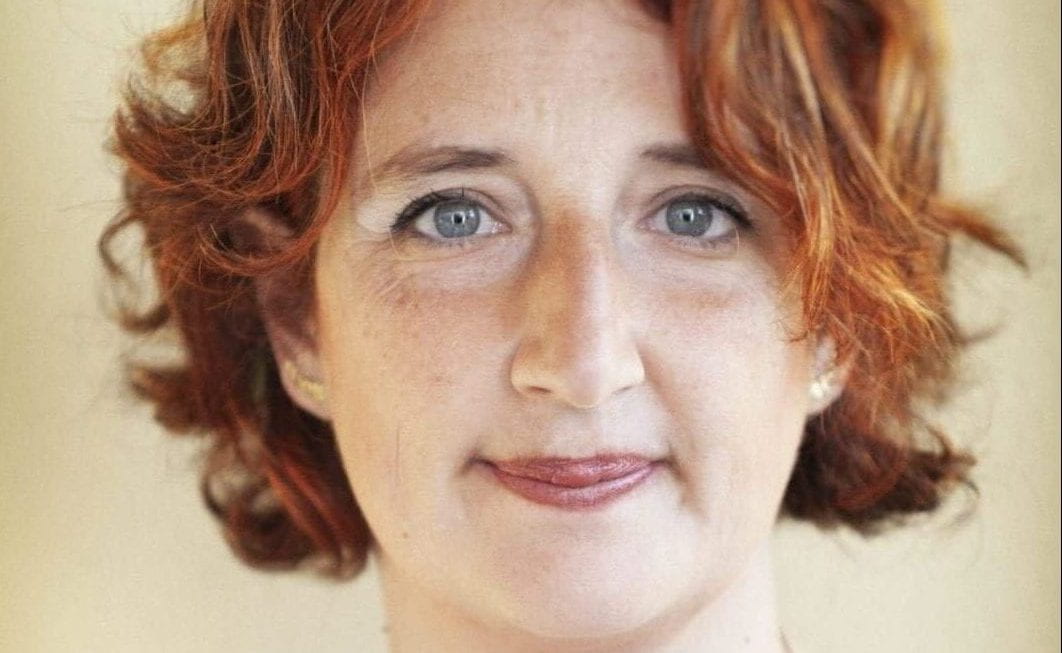
Dafne Chanaz
Italian Food Culture
Dafne Chanaz is a Phd and she has been teaching food studies classes for over 10 years now. She is also a food writer, with 4 books already published, the latter on edible wild greens, and a number of documentaries produced for the Italian national television. She is an expert of sourdough and an enthisastic cook, inspired by a tuscan grandmother, by her farmer friends and by migrant communities’ cuisines. Her main focus is on the ecological value of pre-industrial technologies.
Elizabeth Geoghegan
The Art of Travel Writing
Elizabeth Geoghegan received her MFA in Fiction from The School of The Art Institute of Chicago and her MA in Creative Writing from The University of Colorado at Boulder. Geoghegan is the author of the story collection eightball, and the best-selling short memoir The Marco Chronicles. Her work has appeared in The Paris Review, TIME, The Best Travel Writing, El Pais, Words Without Borders, BOMB, Poets & Writers, and elsewhere. For the last two decades she has lived and taught in Rome.
Lorenzo Coretti
Communication and Power: the Italian Experience
Dr. Lorenzo Coretti is a professor in the department of Communication. He holds a B.A. in Communication from the University of Rome ‘La Sapienza’, an M.A. in Journalism & Society from the University of East London (UK), and a Ph.D. in Media and Communication from the University of Westminster (London, UK). Since 2015, he is the director of the ‘Communication and Digital Media’ program at The American University of Rome, where he teaches several courses, among which are “Media History,” “Digital Media & Society,” and “Media Ethics.”
Mariella Mastrogiacomo
Archeology & Art History of Rome
Mariella Mastrogiacomo gained a degree in Classical Archeology in 2002 at the Sapienza University of Rome and earned the Certificate of Post Graduate Studies in Archaeology in 2006 at the University of Basilicata (Italy). Her academic interests had mainly focused on the archaeological aspects of the Roman Emperors’ political propaganda through art language and architectural commissions. Later on, she focused on the decline of the Empire and the rise of early Christians, as seen from the development of architectural and liturgical spaces. As an archaeologist, she worked on excavations in Rome and its suburbs, in Pompei, Sicily, Apulia, and in archaeological sites of the Middle East.

Federico De Matteis
Architectural Studies Abroad: History/Theory
Federico De Matteis is an architect, with a Bachelor and PhD in Architecture from “Sapienza” University of Rome, and a Master’s Degree from the University of Pennsylvania. He teaches architectural design at the University of L’Aquila, and has previously taught at several Italian and international institutions. His research is widely published in books and journals, and focuses on topics such as the affective dimension of urban space and the lived experience of architecture.

Jessica Wittingslow
Italian Food Culture
Australian born writer and educator, Jessica has been researching food’s backstory in the Italian context for the last 10 years. She holds a BA in Philosophy from the Australian Catholic University and did her post-graduate studies at Swinburne University of Technology in Education. Her focus is on the intersection where food and culture meet human health and wellbeing. She is also the co-founder of a zero-waste organic sunscreen brand that continues to grow, saving thousands of plastic tubes from the ocean every year.
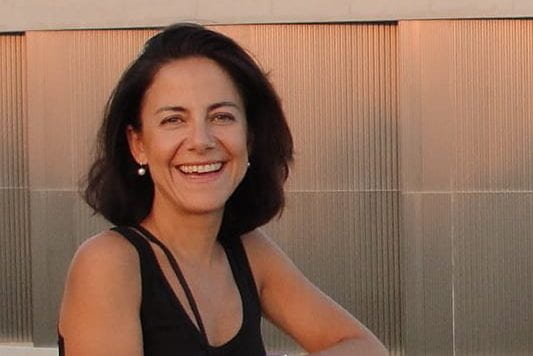
Simona Silvo
Architectural Studies Abroad: History/Theory
Simona Salvo (1967) is Associate Professor in Architectural Conservation at “Sapienza” University of Rome, certified to the role of Full Professor. She is a licensed architect with a PhD and a Master of Science in Architectural Conservation. Her scientific focus stays on theoretical and methodological issues in conservation especially referred to contemporary architecture, and on the spread of conservation theories throughout the world, with specific attention to the trajectories of the Italian architectural culture. For this reason, she carries out research and teaching activity in collaboration with international universities and cultural institutions.
